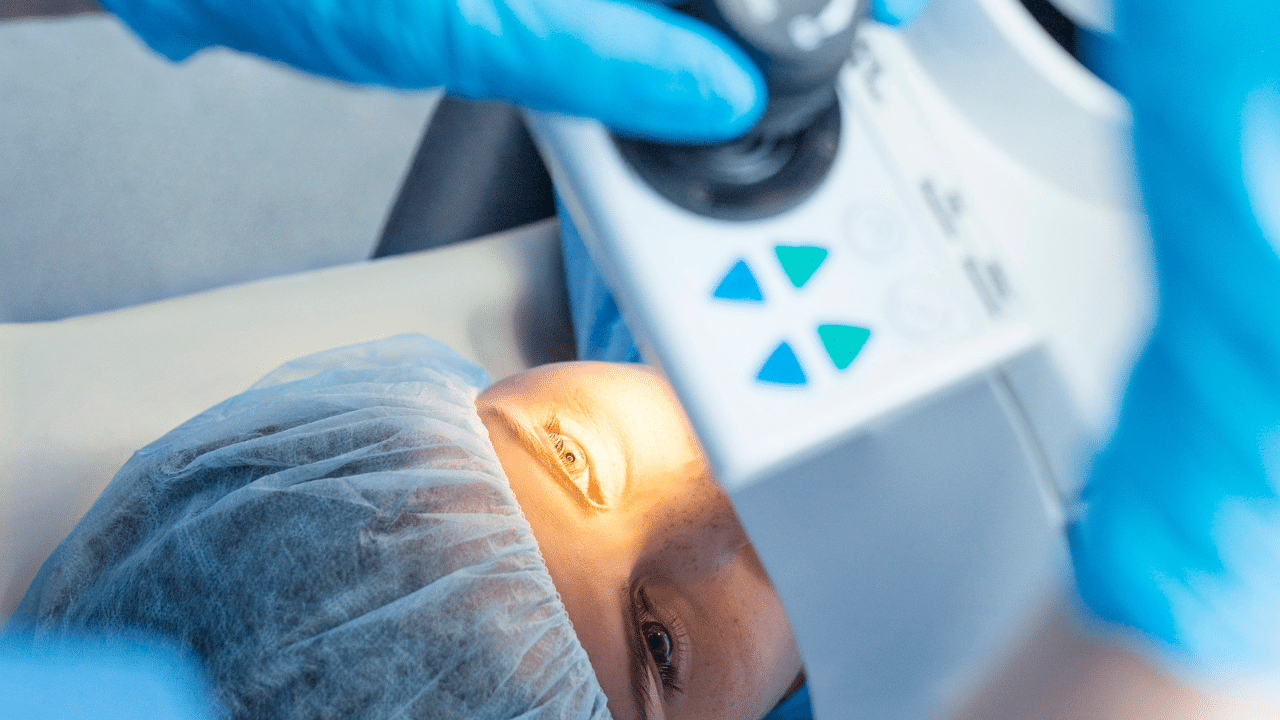
As of this writing, Andy Snyder and I have completed eighteen transactions for ophthalmology practices and surgery centers, all with private equity-backed buyers like EyeSouth Partners, Midwest Vision Partners, and Retina Consultants of America. That places us among the most experienced advisors around ophthalmology and private equity. By now we have seen many different doctors, practices, and buyers; and navigated a multitude of challenges for our clients. At the same time, many PE-backed organizations have scaled successfully and are approaching their own transactions (some have already sold on quite attractive terms).
That success has allowed investors to pay handsomely for practices, driving higher valuations than in perhaps any other specialty. Many preeminent groups who initially adopted a “wait and see” approach are now considering transactions.
Our work thus far has been a real pleasure, and I expect ophthalmology will remain one of private equity’s most successful endeavors in healthcare services for a few key reasons. They are also why we enjoy the space so much, as detailed below:
- Physician Profiles – Though a generalization, ophthalmologists are some of the best and brightest in their medical school classes. They are dedicated and often choose ophthalmology for a special reason, like a family member in the field or affinity for the eye’s minute complexity. Because ophthalmology has operated independently from hospitals for some time, many ophthalmologists are enterprising businesspeople and have built successful practices and surgery centers (and often own their real estate). Finally, ophthalmology is a field that rewards specialization, and some of the most successful groups we see focus on a certain subsegment (retina, cataracts, refractive, etc.). These factors (ability, business sense, and technical focus) often work together in practices that operate particularly well.
- Value of Technology – Advancements in technology have allowed many people to keep their vision. As a non-clinician, I am often struck by the elegant interface between technology and surgical skill in ophthalmology – making past impossibilities a reality. Options like multifocal lenses, light adjusting lenses, advanced glaucoma stents, and pharmaceuticals for macular degeneration are improving quality of life for many patients. Ophthalmology is an area where investment in technology and operational systems can make a tremendous difference.
- Increasing Demand – Aging baby boomers and a projected shortage of ophthalmologists present a compelling supply/demand scenario. At the same time, doctors are better able to treat conditions that require regular intervention but were relatively untreatable before. Ophthalmology groups need to become more efficient to meet this rising demand with a finite group of physicians.
- Intelligent Referral Systems – Ophthalmologists, primary care physicians, and optometrists operate in a unique patient care ecosystem – especially regarding the role of optometrists. Groups that work cooperatively with optometrists can be highly successful and efficient; a great opportunity to meet the rising demand mentioned above.
The Future
Although more than 30 successful private equity-backed platforms are already established, we know of many PE groups still seeking an initial platform investment in ophthalmology. We believe that current platforms will continue to grow over the next several years, with some consolidation among the existing PE-backed groups.
The ultimate place for these companies is unknown. They can remain private equity-owned, become public assets in an IPO, or take a more novel approach. A few possibilities:
- Because of its maturity and stability, ophthalmology could be an early foray into healthcare services for non-industry buyers.
- For the same reasons, ophthalmology may be an excellent investment for special purpose vehicles and those seeking stable cash generation, like insurance companies or pensions.
- Health systems or insurance companies may buy ophthalmology companies as they seek vertical integration opportunities. For example, United Healthcare’s Optum group has already purchased ambulatory surgery centers (Surgical Care Affiliates), behavioral health providers (Refresh Mental Health), and home healthcare (LHC Group).
Ophthalmology remains a very attractive investment opportunity for private equity. We look forward to working with more leading ophthalmology groups to help them get the best deal possible with the right partner for them. We are happy to share our insights with interested doctors at any time. To connect directly, please contact Eric Yetter, Managing Director and Healthcare Team Leader at 615-477-4741 or via email at [email protected]













